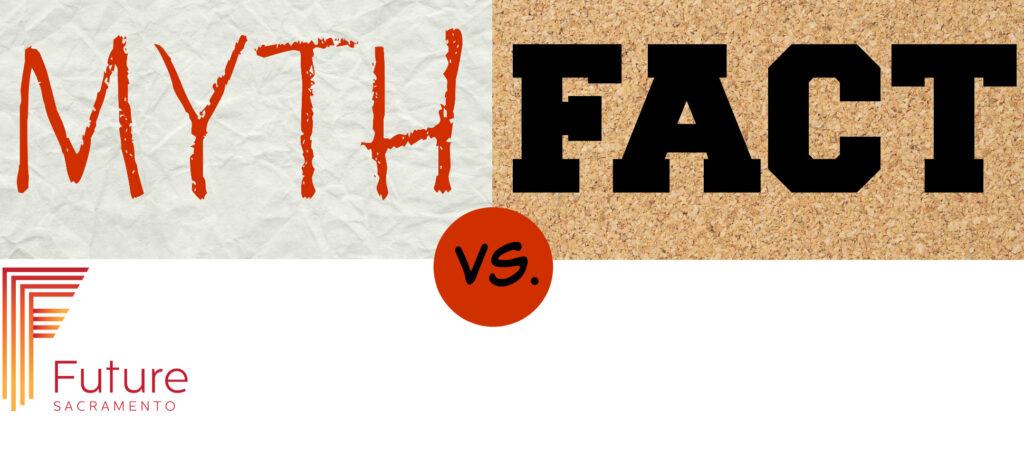

MYTH:
The FAFSA is so complicated that it’s not worth the trouble. “I’d rather get a root canal.”
FACT:
The old paper version may have been complicated and difficult – but the online version is much more user friendly and saves time with skip logic to reduce the number of questions. You’ll also have an easier time if you have everything you need on hand. Filling out the FAFSA isn’t hard, it’s just tedious. The IRS Data Retrieval Tool (DRT) helps ease the data entry you have to do and allows you to import your tax information directly into the FAFSA form.
MYTH:
I should wait until I’m accepted to a college before I fill out the FAFSA form.
FACT:
Don’t wait. You can start now! As a matter of fact, you can start as early as your senior year of high school. The FAFSA opens on October 1, and the priority filing deadline is March 2.
MYTH:
The FAFSA only affects my federal student aid.
FACT:
The FAFSA is used by many different scholarship and grant providers, including the California Student Aid Commission for Cal Grants – it can be your ticket to several funding resources! The FAFSA is free to apply.
MYTH:
Loans for college are all the same.
FACT:
All loans require that you pay the money back with interest, however there are different types of loans for college students and some are more beneficial to students. In short, Direct Subsidized Loans from the federal government have slightly better terms to help out students with financial need. Be sure you understand your loan options and responsibilities. Learn more about types of loans here. Federal student loans include many benefits not typically offered with private loans – learn more.
MYTH:
I need to have good grades to qualify for aid.
FACT:
At least initially, your grades won’t affect your eligibility for federal student aid — including grants, loans, and work-study positions. Your grades may affect your eligibility for non-federal aid such as your school’s merit scholarships. However, to maintain your federal aid once you’re in school, you’ll need to show Satisfactory Academic Progress. Your school defines what constitutes this progress, but it typically will require you to achieve at least a 2.0 GPA and complete a minimum number of credits each semester or school year.
MYTH:
I only need to file the FAFSA one time.
FACT:
Wishful thinking, unfortunately. You’ll need to file a FAFSA every year you’re in school. After all, there’s a chance your financial situation will change from year to year. Fortunately, filling out the FAFSA online means you won’t have to start from scratch every year. The renewal application means that some of your information will automatically be carried over from year to year — just make sure it’s still accurate.
MYTH:
It does not really matter when I file my FAFSA, as long as I get it submitted before I start college.
FACT:
Whether you are applying for early admission to college or a returning student, you need to make sure the form is completed as soon as possible. Procrastinating can cost you money. With limited funds, those who file early get a better shot at receiving funds. The FAFSA is available October 1 and the priority filing deadline is March 2.